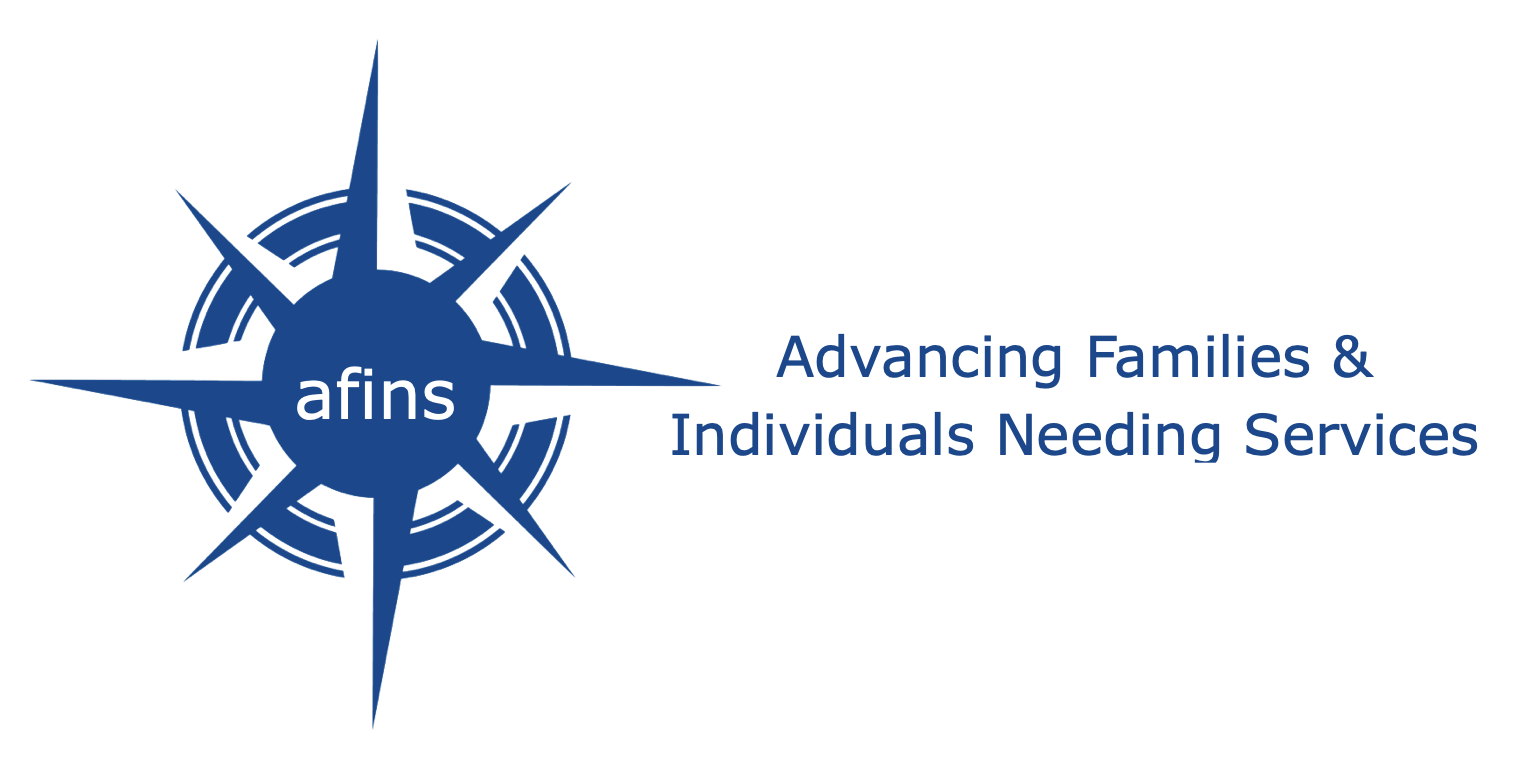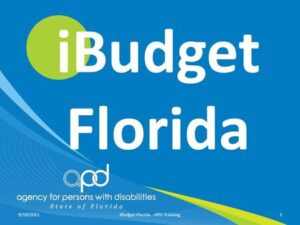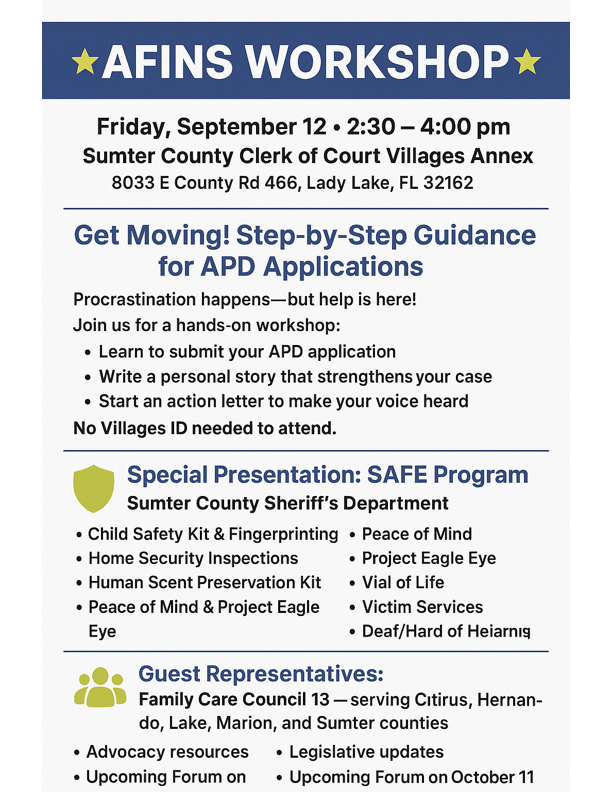Navigating the Transition for Special Needs Families
This story talks about the emotions and challenges that come with a parent’s experience when their child with special needs begins to live on their own. It starts with the parent’s disbelief and worry, but as the story goes on, they learn more about the support services that are available.
The story shows how determined and resourceful people with disabilities can be, wanting to be independent and learning to deal with a complicated system. It also highlights how important it is to speak up for those with disabilities and the key role of support coordinators and service providers.
The ending leaves readers feeling hopeful, showing that with the right resources and help, people with disabilities can live happy and independent lives. Overall, this story provides important information and a fresh view on the journey to independent living for people with special needs.
Many years ago, 26 weeks pregnant, a baby boy weighing only 2 lbs 8 oz entered this wild and crazy world. I knew I would have my son with me for the rest of my life. At least, that was what I thought. He attended a special school for the disabled and constantly told me it was a waste of time. He said, “They are not teaching me anything.” When he turned 25, he informed me he was moving out. I was devastated.
We had the following conversation about independent living:
“Wait a minute, you are supposed to live with me for the rest of my life,” I cried.
He said, “Yes, I’m moving out and I’m going live in an apartment with my friend.”
I told him, “You can’t do any personal hygiene much less dress yourself.” He knew how very important hygiene is and wanted to make sure if he didn’t look like everyone else, he would smell better.
“Yes.” He said, “There are Personal Support Services available to help me with that.”
“Okay.” I asked, “How will you do laundry, clean house, grocery shop, cook?”
“Oh Mom, there is a service for Personal Support Life Skills called Residential Services that provides supervision and training to help get, maintain, and improve my daily living skills.”
Unconvinced, I ask him, “What about you going to movies, eating out, and bowling?”
He tells me, “There are services for those things too. They’re called Life Skills Development Level 1.”
Seriously, I stressed, “You’ll have to get a job, volunteer or develop a business. How will you find a position? How are you going to fill out an application, and prepare for interviews?”
He smiles and says, “There’s a service for that too. It’s called Life Skills Development Level 2.” He continues, “You’ve always been a strong advocate for me but I can get more help because there’s an advocacy service available to me called Life Skills Development Level 3.”
“You won’t be able to locate resources in the community or obtain information about Medicaid or any other state and federal assistance.”
“Guess what Mom,” he says, “I can get help with that through Family & Legal Representation Training.”
I’m still skeptical, so I ask, “How are you going to get the medical equipment and supplies you need? You need accessibility adaptions at home and work, and you’ll need a medical alert system.”
He’s got an answer for that too. He says, “Supplies & Equipment servicesareavailable to me too.”
I tell him, “You don’t know how to budget, pay bills, and maintain your place.”
“No, I don’t, but a Supported Living Coaching service can help me and teach me how to do those things.”
“Ok, but what if your doctor says you need therapy or counseling?”
“Don’t worry Mom. There’s a Therapeutic Supports and Wellness Service available.”
Still not willing to let him go on his own I say, “We both know transportation can be a problem.”
Exasperated, he says, “Transportation Service can be researched.”
I continue, “I’ll need to make sure your dental treatments and procedures are covered.”
Really, Mom? “Adult Dental Services is a group of available services I can use.”
He then informs me that he has a Waiver Support Coordinator, someone trained to help me make sure I’m eligible for and get the services I need.
I had no idea of all the services available to him. He was going to make sure I learned and if there was not a service he would find a resource. My genuine love, concern and control was taken, but what emerged is an independent handicapped person.
Now, 25 years later, reflecting on our journey filled with perseverance, detours, minor adjustments, and invaluable lessons, I must acknowledge that my son was right: he has every right to be independent and to live life on his own terms.
Like many mothers, my instinct has always been to protect, separate, and shelter my child with disabilities. We have all witnessed the hurtful comments, bullying, and ridicule that can be directed toward them, making it only natural to want to shield them from such pain. However, the truth is that they often thrive—and may even excel—when given the opportunity to navigate life independently.
I am immensely proud. Proud that, despite my initial hesitations, I ultimately recognized that his best interest lies in teaching me the significance of independence. Having other children sometimes obscured the fact that my child with disabilities desires and deserves the same rights and freedoms as others. While we must always take precautions, these should not prevent them from exploring their capabilities.
I have come to recognize that independence is a fundamental right for everyone, including those with disabilities. Allowing him to experience life on his terms has proven vital. By facing challenges on his own, he is not only developing resilience but also maturing into a confident individual who can advocate for himself.
This journey serves as an important reminder for all parents: trust your children’s abilities and give them the space to flourish. Learning from him has brought me deeper love and a renewed commitment to advocacy.
Story by Debbie Jenkins
You can learn more about these services under the Florida iBudget Waiver from the Agency For Persons with Disabilities and in the Florida Medicaid Developmental Disabilities Individual Budgeting Waiver Services Coverage and Limitations Handbook.






